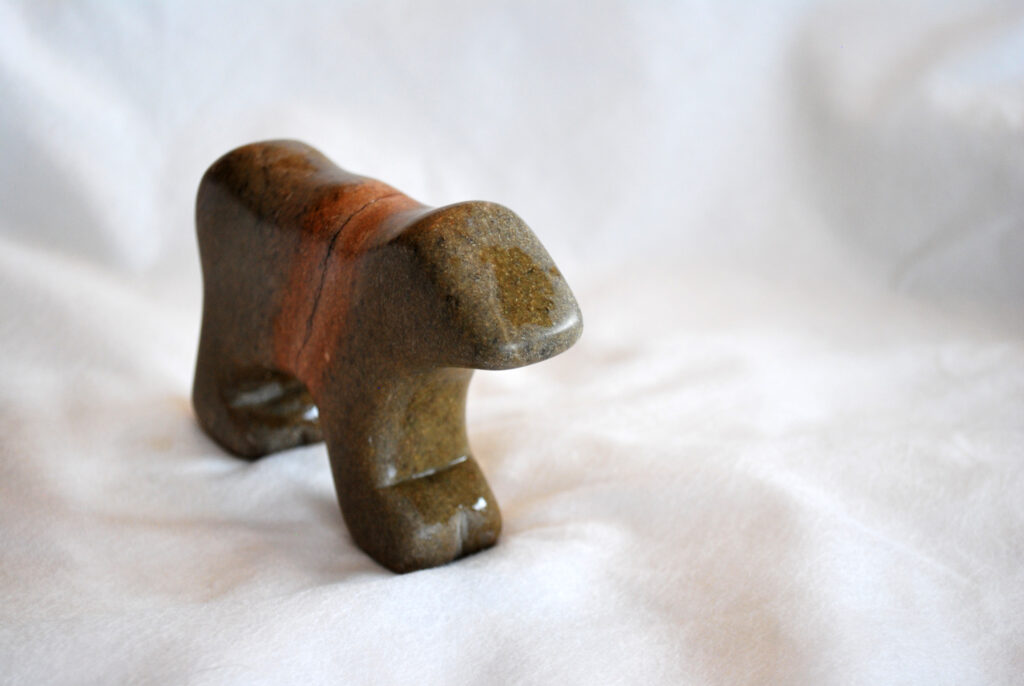Stone carving is an art form that requires a unique set of skills.
Many of these skills can be transferred to other areas of life and work, making it a valuable pursuit. Here are some of the transferable skills related to stone carving.
1. Attention to Detail
Carving stone requires precision and attention to detail. The carver must work carefully to ensure that every cut is accurate and that the final product is perfect. This attention to detail can be applied to other areas, such as accounting or engineering, where precision is essential.
2. Patience
Stone carving is a slow process that requires patience. The carver must work carefully and methodically, sometimes for months or even years, to complete a project. This patience can be transferred to other areas, such as teaching or project management, where perseverance and patience are essential.
3. Creativity
Stone carving is a creative pursuit that requires the ability to envision the final product and then bring it to life. This creativity can be applied to other areas, such as writing or graphic design, where creativity is essential.
4. Problem Solving
Stone carving often involves problem-solving. The carver must figure out how to remove the right amount of stone to create the desired shape or texture. This problem-solving ability can be applied to other areas, such as engineering or software development, where finding solutions to complex problems is essential.
5. Focus
Carving stone requires focus and concentration. The carver must be able to focus on the task at hand for hours at a time. This focus can be applied to other areas, such as studying or research, where concentration is essential.
6. Physical Dexterity
Stone carving requires physical dexterity. The carver must be able to hold and use the tools properly to achieve the desired result. This physical dexterity can be applied to other areas, such as surgery or woodworking, where fine motor skills are essential.
7. Time Management
Stone carving requires good time management skills. The carver must be able to manage their time effectively to complete the project on schedule. This time management skill can be applied to other areas, such as project management or event planning, where meeting deadlines is essential.
8. Perseverance
Stone carving requires perseverance. The carver must be willing to work through mistakes and setbacks to achieve the desired result. This perseverance can be applied to other areas, such as entrepreneurship or sales, where persistence is essential.
9. Adaptability
Stone carving often requires adapting to changes in the stone or design. The carver must be able to adjust their approach to fit the situation. This adaptability can be applied to other areas, such as marketing or consulting, where flexibility is essential.
10. Self-expression
Stone carving is a form of self-expression. The carver can use their work to express their ideas and emotions. This self-expression can be applied to other areas, such as music or writing, where expressing oneself is essential.
Soapstone carving is a pursuit that offers many transferable skills. The attention to detail, patience, creativity, problem-solving, focus, physical dexterity, time management, perseverance, adaptability, and self-expression required for carving stone can all be applied to other areas of life and work.


